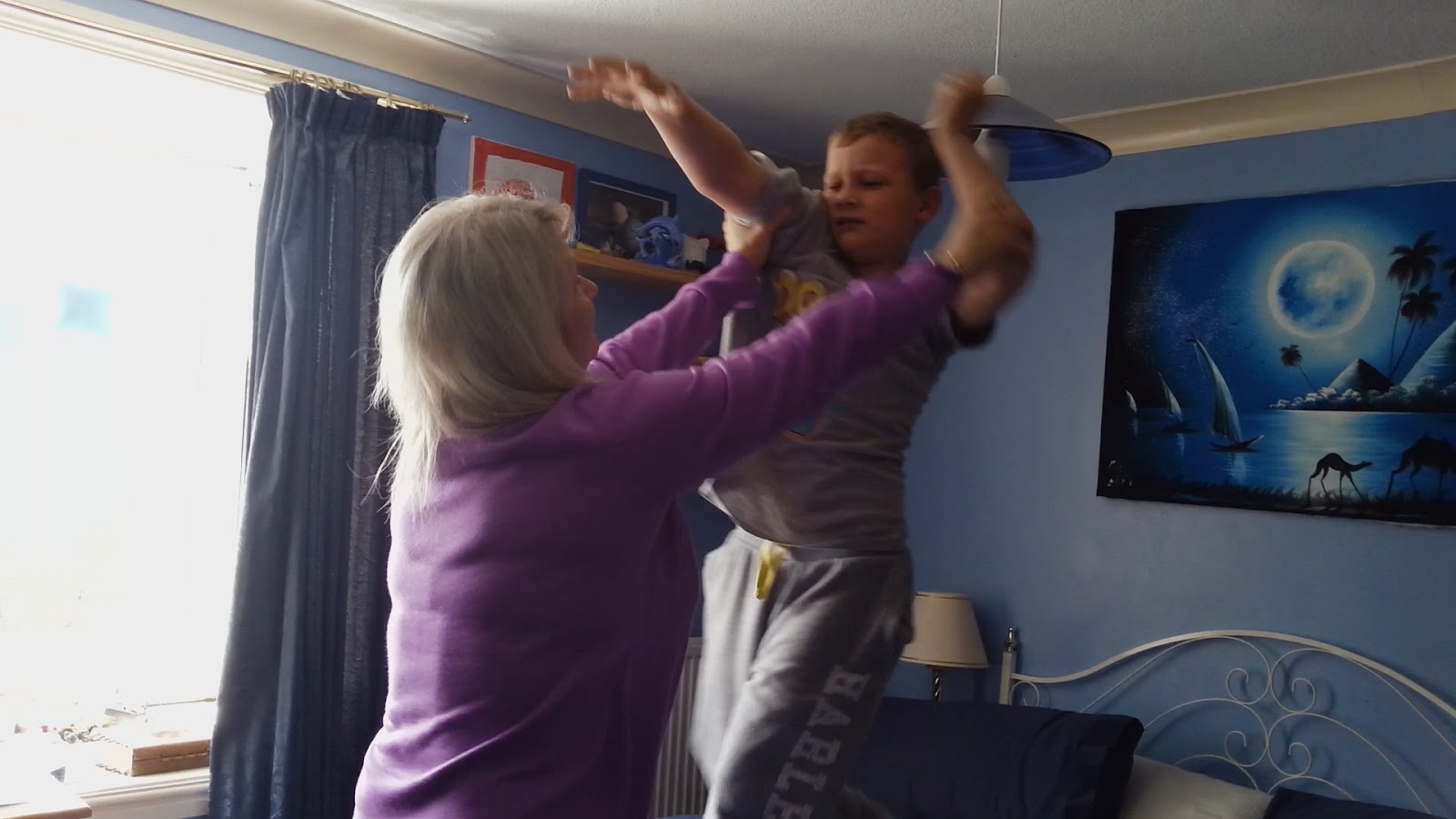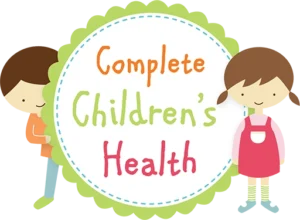Many children with autism can exhibit aggression. This aggression can be unexpected outbursts of biting, scratching, kicking, hitting, or destroying property – sadly, it is relatively common with children on the spectrum.
It usually stems from a stressful situation, like sensory overload, frustration over communication due to lack of communication skills, unknown environments or a desire to escape, or undiagnosed illness – plus various other things that you may not be aware of.
Autistic children regularly lash out in anger when they are unable to express themselves. Aggressive or self-harming behaviours can also be patterns of repetitive actions that are the signs of autism. ( see the previous blog on Stimming) It happens with both boys and girls.

Autism-related anger and aggression can be scary for everyone involved, and you may even feel physically threatened. Many caregivers have to use physical intervention at times, which increases the risk of them being hurt along with the child due to severe aggression.
Over time, you may know what triggers these outbursts from your child, which will help manage these situations. Staying as calm as possible can help and give your child some space.
Aggression can have long term adverse outcomes for children with ASD. It can impair their social relationships. They may need to be placed in a restrictive school environment or a residential setting. Aggressive behaviours can also contribute to school provider burnout, leading to a lack in the quality of education.
Don’t get discouraged if your child is displaying aggressive behaviours, as there are treatment and prevention measures available that will help. Therapeutic strategies including functional behavioural assessment, reinforcement strategies, and functional communication training may significantly reduce the frequency and intensity of aggressive behaviour in children with ASD.
In some circumstances, it may be necessary to have medical treatments, particularly the use of second-generation antipsychotics, which may benefit in reducing aggression in individuals with ASD. A full assessment from our paediatricians and behavioural psychologists will find the best outcomes and solutions for you and your child.
Sources https://www.ncbi.nlm.nih.gov/pmc/articles/PMC4922773/
